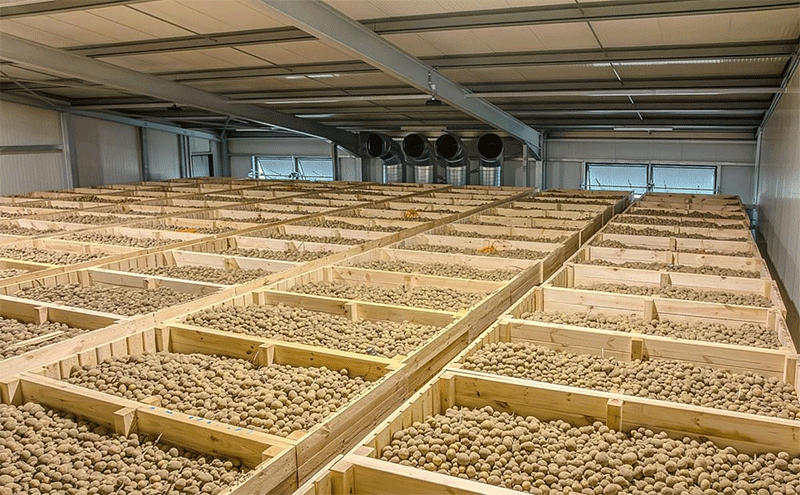Amidst mounting climate challenges, the UK’s potato industry is undergoing a transformation, with key players like Albert Bartlett seeking resilient alternatives to traditional varieties such as Maris Piper. The pursuit of agronomic adaptability and sustainability has become paramount as the sector contends with the repercussions of extreme weather events and escalating production costs.
Albert Bartlett, a prominent potato supplier, is spearheading efforts to diversify potato varieties in response to shifting climatic conditions. With floods, droughts, and soaring energy and fertiliser costs plaguing the agricultural landscape, staple varieties like Maris Piper, King Edwards, and Maris Peer are under scrutiny for their economic viability and environmental impact.
Paddy Graham-Jones, the company’s group procurement director, underscores the imperative for varieties that strike a balance between consumer preferences and grower feasibility. The agronomic challenges and financial risks associated with traditional favorites necessitate a strategic shift towards more resilient alternatives.
Maris Piper, introduced in 1966, now faces sustainability concerns due to its high water requirements for cleaning processes. Albert Bartlett’s agronomy team is diligently working to develop alternative varieties that preserve taste while exhibiting greater adaptability to prevailing climatic conditions and reduced resource dependency.
The urgency for such initiatives is underscored by recent market trends, including surging potato prices and notable escalations in Maris Piper bag costs across major retailers. These price hikes are attributed to weather-related disruptions in potato supply, notably the drought of 2022 and the subsequent delays in planting caused by the wet spring of 2023.
Tim Rooke, chairman of the NFU potato policy group, underscores the compounding effects of adverse weather events on potato production, further underscoring the need for resilience and innovation within the industry.
As the UK potato sector navigates through unprecedented challenges, the quest for variety resilience emerges as a pivotal strategy to safeguard both economic sustainability and environmental stewardship in the face of climate volatility.





